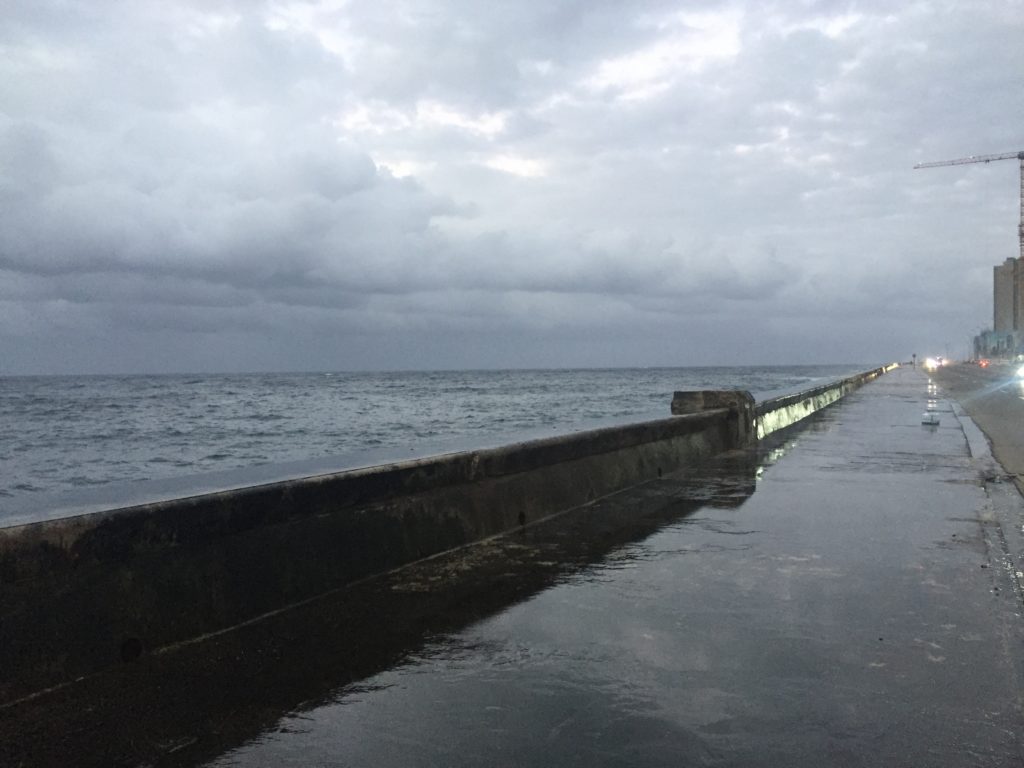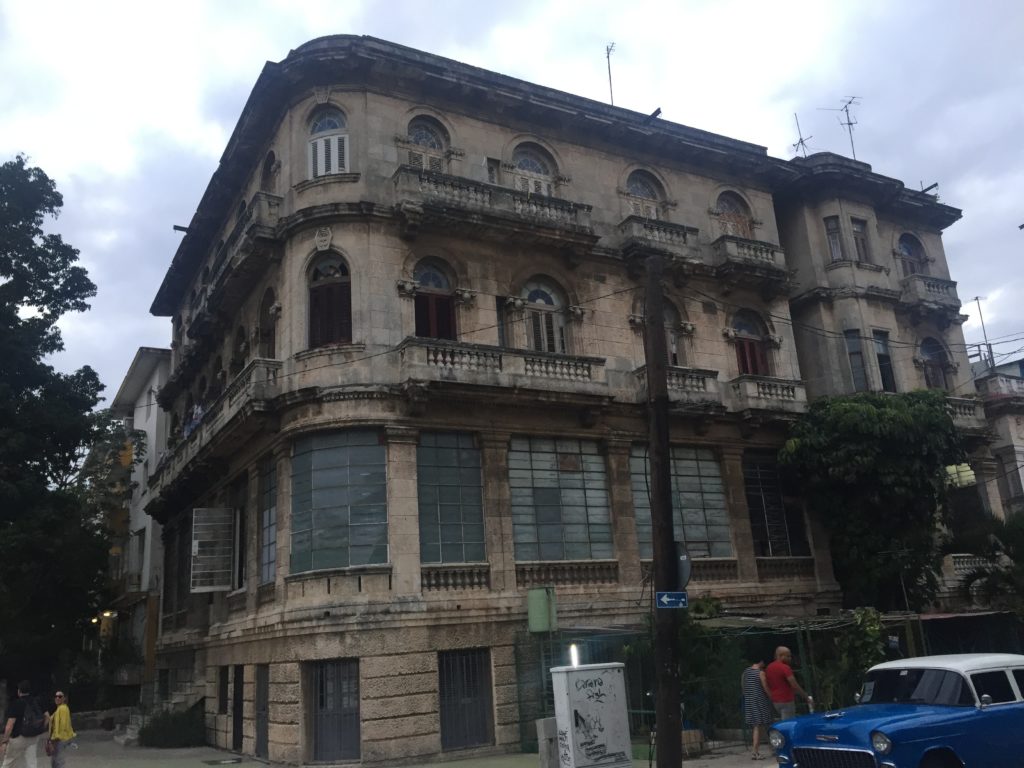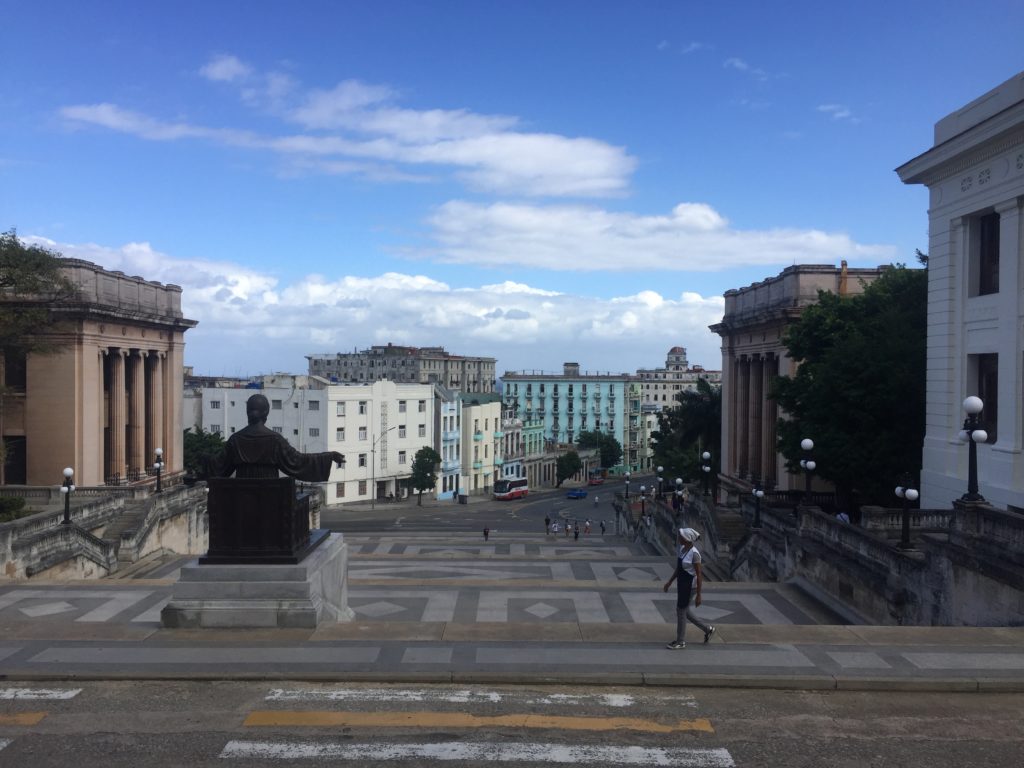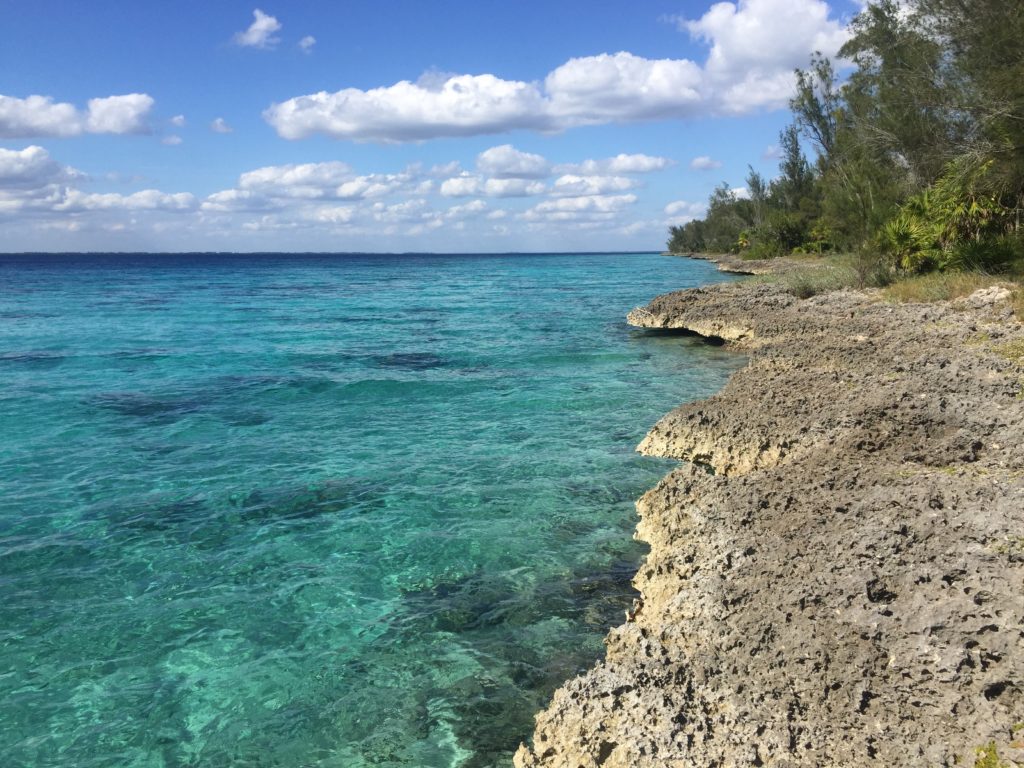Cuba Notes
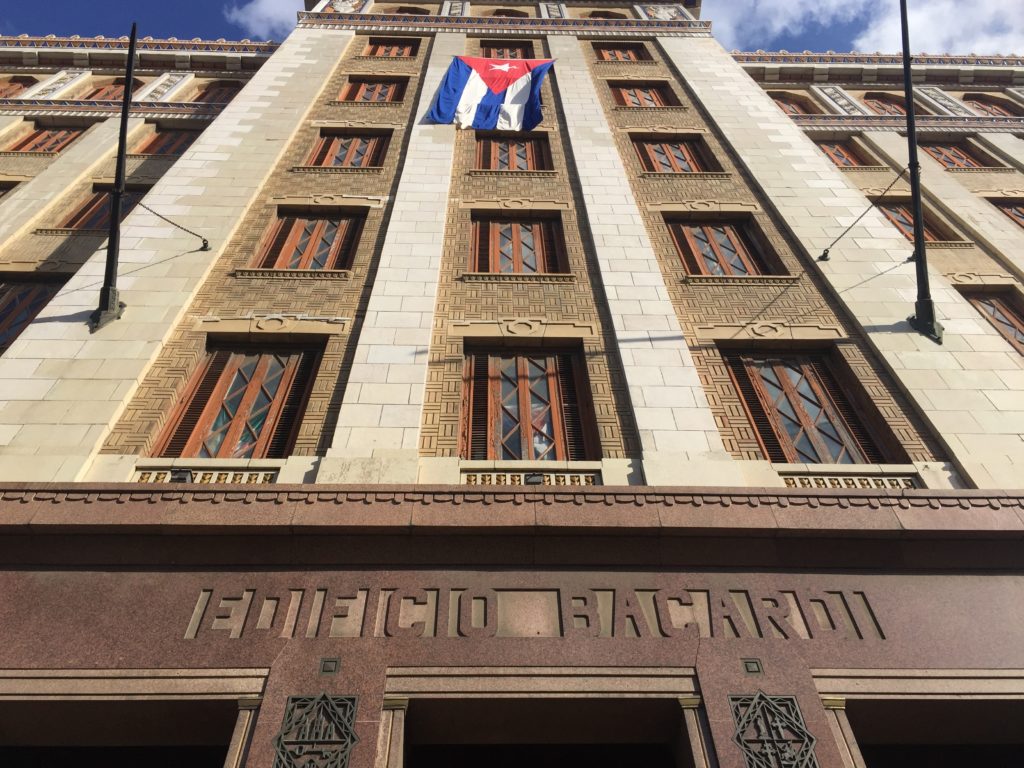
My 10 days in Cuba were pretty incredible to say the least. The thing about traveling to Cuba under the current rules is that thanks to the Helms-Burton Act (damn Bill Clinton for signing that monstrosity) and Trump’s latest restrictions, tourists can’t do anything that brings in any money to the Cuban military directly, which has a stake in the nation’s hotels. That means home stays instead of hotels and it means not visiting state-owned enterprises. So that creates a rather different kind of Cuba trip than one might receive in different circumstances. Moreover, the lack of cash in the nation means that schmucks like me leading a mere five students to the island means one can have access to pretty important people, so long as they aren’t government officials. The next music post will discuss this part of the trip, but that included prominent Cuban musicians.
What this all meant was a kind of anti-propaganda trip. My wife visited Cuba on a study abroad trip in college, during the Clinton administration. They had a state information officer with them the whole time making sure that ideological rigor was maintained. To say the least, that was not the case this time. I found Cubans much more willing to criticize their own government than many Americans. Perhaps they were being extra critical to produce the state’s most needed single thing: dollars. But it was almost a counter-propaganda. That doesn’t mean people were anti-government. No one is going that far. But everyone we spoke to was pretty open with the problems. First and foremost is that there is no money except in the tourist industry. Many of our guides, waiters, and cab drivers were trained as doctors, professors, and engineers. But they can make 20 times as much money a month doing service work for tourists than they can working for the government. That’s not an exaggeration, because while the Cuban government does provide a lot of basics, they also don’t pay anyone anything. Cuba has other problems too of course. Havana is genuinely crumbling, though it is a lovely, wonderful city, one of the very best places I have ever traveled. People are leaving if they can, mostly because the money makes sense. The population is old. There are real shortages of oil, soap, and even some foodstuffs. It’s hard to argue that Cuban socialism is working well.
Look, Cuba may be messed up. But is it more messed up than other nations in Latin America? Is it more messed up than Mexico, with its mass murders and drug trade and police corruption? More messed up than Brazil with its fascism and environmental catastrophe? More messed up than Chile with its mass protests? More messed up than Colombia, with its horrible history? And that doesn’t even get into the real problematic cases such as Venezuela, El Salvador, Guatemala, etc. No, it is absolutely not more messed up than those countries. It’s messed up differently than those countries. Yes, you can buy more things in those countries, but consumerism is not the only measure of a good place to live. If we only paid as much attention to those other problems of Latin America instead of demonizing Cuba, we could do a lot more for that nation. The embargo is not only a massive foreign policy failure, it’s also holding Cuba back in ways that actually hurt the U.S. There is huge potential for American investment in that nation. But although we are more than happy to trade with China and Vietnam, Cuba remains anathema thanks to the Miami Cubans and the centrality of Florida in American presidential elections. It’s depressing and it’s wrong and it’s stupid.
Moreover, Cuba has one huge thing going for it that I really have never experienced in Latin America: it is completely, 100% safe. This is not normal for the region. And it is incredibly refreshing to be able to walk around at night and not worry one bit. Moreover, it’s hard to argue there is any meaningful state censorship anymore. Yes, sure Granma still is published. But Cubans all get the paquete, the name for the thumb drive of downloaded TV and news and movies from around the world that you pick up every week. Not many people have internet at their homes, but they do have it in parks and hotels and everyone is on it. We talked to the esteemed journalist Marc Frank while we where there (delightfully cranky!) and he said that his former sources are now his competition since blogs now abound telling truths about the nation.
On the other hand, one of the things keeping Havana safe is the embargo. That city could easily be overwhelmed if it was opened to the general public. We talked to a leading urban planner there and while he fully explained Cuba’s messed up housing situation (80% of the buildings are pre-1959, people own their apartments but not their buildings and there is no agency that actually maintains the buildings as a whole, creating a sort of libertarian experiment of all things in a land where homelessness is outlawed, three buildings a day in Havana collapse) he also compared it to the soullessness of Dubai, the fake city of Panama City (nothing but skyscrapers that exist to park laundered money), or the faceless Shanghai that is a city in China but not a Chinese city, as he put it. It’s a tricky situation. It’s so beautiful that even if we get rid of Helms-Burton and its ridiculous clause allowing people to sue for their lost property 61 years ago, a lot of people are going to want to buy up those buildings and turn Havana into the new global real estate hot spot.
Of course we did a lot of tourism as well. Saw the Granma, which is the boat that carried the Castros and Che and Camilo Cienfuegos to Cuba in 1956 that launched the revolution. The Museum of the Revolution is not real great, but it does have this ridiculousness of a Che figure with toys to show him planning military strategy.
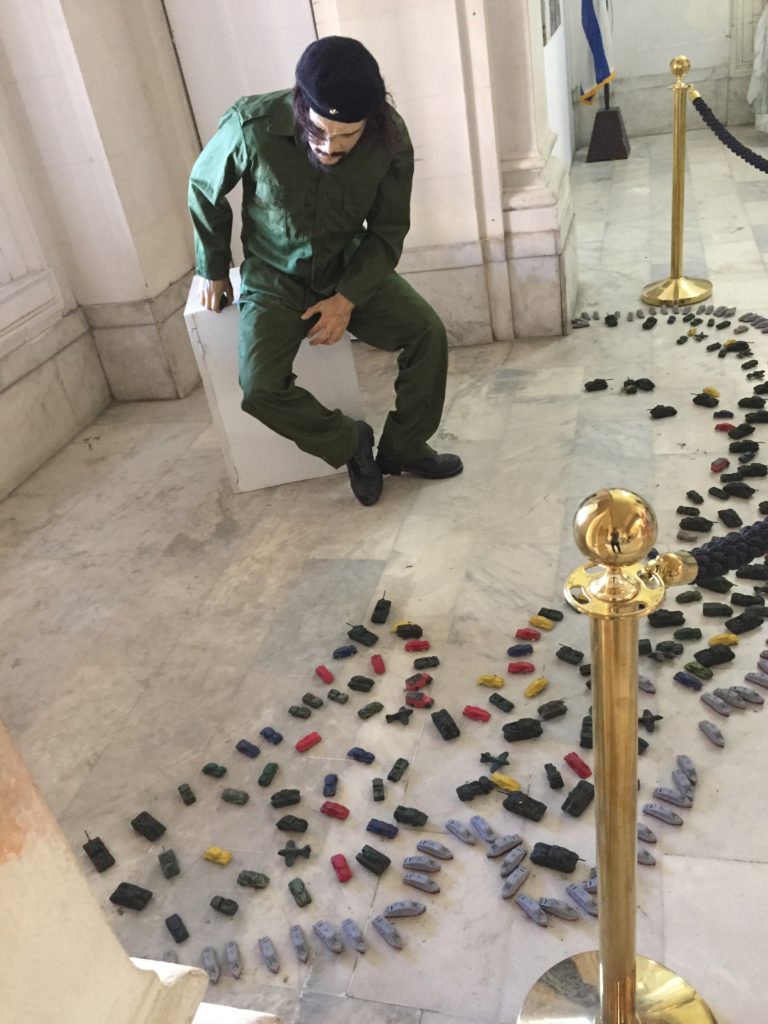
We went to the lovely colonial city of Trinidad, the 19th century city of Cienfuegos, and the astounding beautiful Viñales Valley, home of the best tobacco in the world. I don’t smoke cigars but watching the process was fascinating. It’s a UNESCO World Heritage Site, which provides protections that the traditional ways are still followed. Sure, it’s touristy, but it’s also really something to see. Not to mention it is surrounded by karst formations riddled with caves (we didn’t have time to go into any of them unfortunately). Truly beautiful. Speaking of that, in 1960, Castro had this idea. See, there’s this formation there that has a bunch of fossils. So he had an artist paint the side of one of the karst hills with the different beasts that have lived there, from dinosaurs to humans and it is perhaps the greatest monstrosity I have ever laid eyes on.
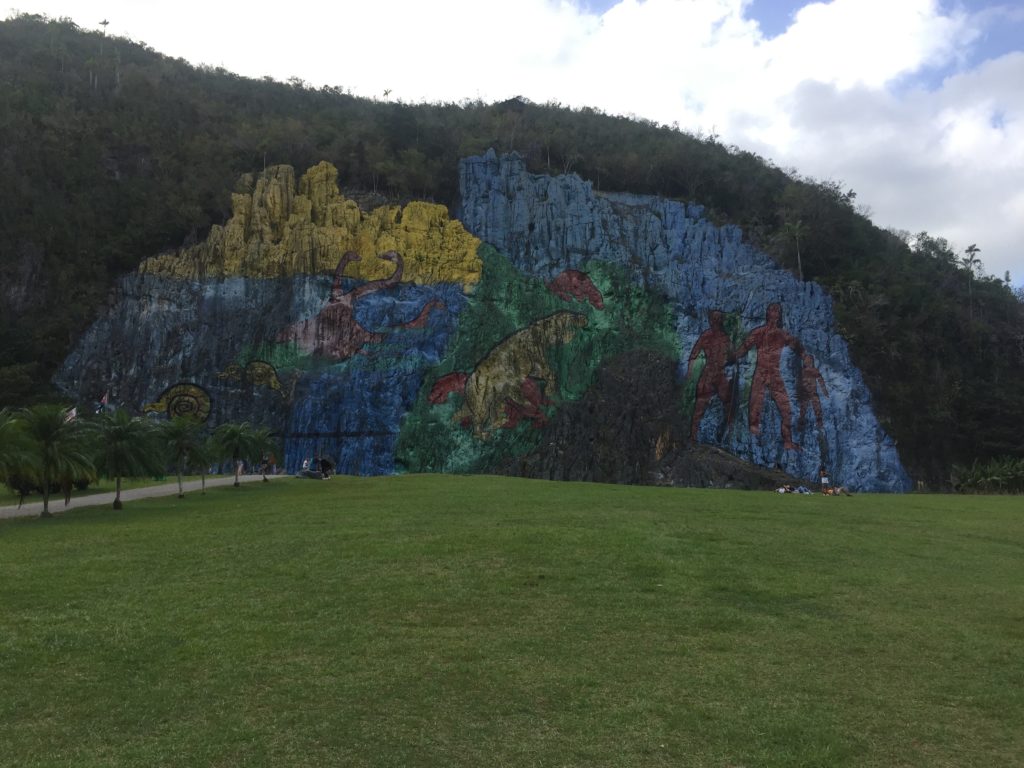
Fidel was not operating on his A game that day…..
Otherwise, we did a lot of what you’d expect. Drank a good bit of rum. Rode around in awesome cars. Had a drink in the Hotel Nacional, home of the mob and the site of the passing of the golden phone depicted in Godfather Part II. Went to the Bay of Pigs Museum (awesome!) Did the students hear lots of detail about the CIA’s horrors from me? Oh you know they did! That was the one place where we really got the old school propaganda, with a 15 minute video that was made in the 60s and hasn’t been updated since. And it’s on You Tube, so you can luxuriate in this with me.
I love the images filmed later of Castro supposedly leading the troops.
In the end, my opinion about Cuba really didn’t change much at all. It’s a great country. It’s a complicated place. It’s also a pretty peaceful one. Cuba needs more capitalism. America needs a whole lot more socialism. It’d be nice if the two could meet in the middle and help each other. Alas, we are ruled by idiots.
Anyway, here’s a few more photos. Go to Cuba if you can. It’s really, truly amazing. And I think you could probably walk into the country and do whatever you want and no one is really going to care if you are taking an American flight. Certainly the Cubans don’t care and we weren’t asked any questions on the way back except how many cigars we had.
